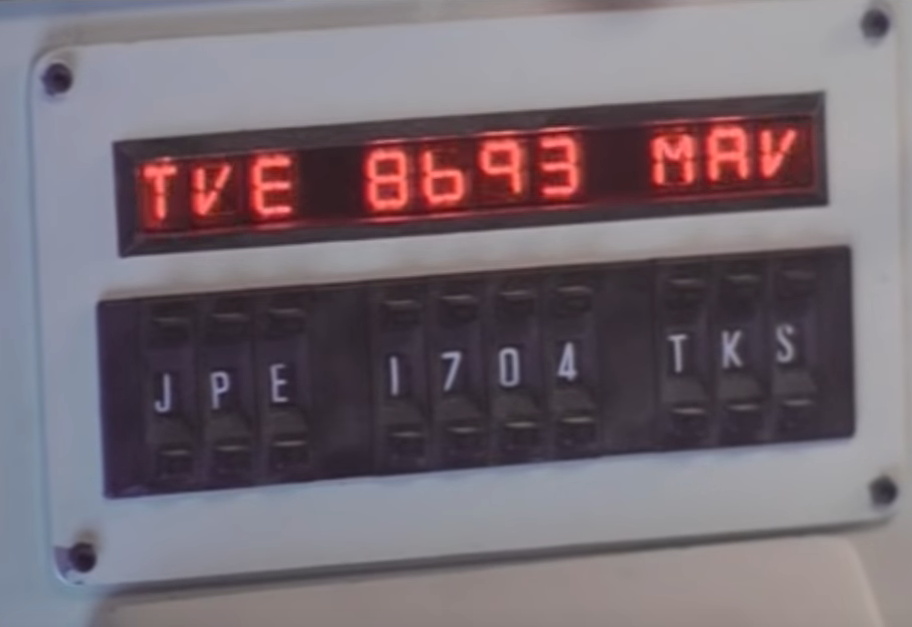A compromise perhaps would be to use the “traditional” method but combine 2 words or a phrase. For example, GoneWiththeWind could be G0n3With7h3W1nd! or maybe Gone1With2the3Wind if you’re not into leet-speek. Between random capitals, inserted numbers or punctuation, or whatever - the entropy goes up significantly while not detracting from the memorability. Plus there’s mixing it up - 2B0rNOT2Be!? as an example. “January Suborbital Denomination” still sticks in my mind as a speech recognition password from Mission Impossible in the 1960s. Until this post, it was probably not a candidate. When you get to that level of vocabulary, I suspect the standard “a well read person has a vocabulary of 10,000 words” no longer applies.
The key point is to not tell others what your technique is. The key to decoding Enigma, for example, was to get their hands on an actual machine and see what it did. ,and the Germans relied on the same technology throughout the war.
As for tries - unless the bad guys have stolen the hashed database of the compromised website, we sincerely hope websites are smart enough to lock out an account after X bad tries. (Someone I knew figured out, for example, that many years ago the IBM VM/CMS flaw was that it reset the counter after each good try, so try 9 times then login with a valid account, logout, and try again 8 times, etc.) Another trick websites could use is to delay the approval of good or bad logins with a second or two delay. 2^44 choices at 1 second apiece is an appreciable time. (half a million years?)
It’s been about a decade since I’ve seen remote login attempts to Windows servers in bulk (usually from China or Romania). Modern firewalls have curtailed that opportunity, as has Microsoft.
The thing nobody mentions is - the more complex the password requirements, the less easy to pick another each month. One fellow I knew did a rotation like Eleven11 Twelve12 Thirteen13 etc. except the word part was in his native tongue, not English. Add in foreign words, and you add an order of magnitude to the issue (don’t know which language? Huh!). Add in proper names, place names, dates - all combined for obscurity - and the complexity increases even more. If my birthdate is - to pick a random date, its not - May 16, 1993 - there are probably dozens of ways to write that one date, order with or without punctuation using underscore or dash or = or $ for separators, or full words for month and day, or spell out numbers, etc…
Sort of like the engineering and compsci joke - “It’s impossible to make things idiot-proof because idiots are so clever…”
If you know someone’s technique, it’s a huge step toward cracking a password.

